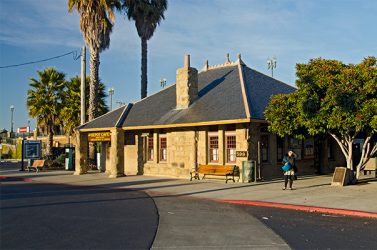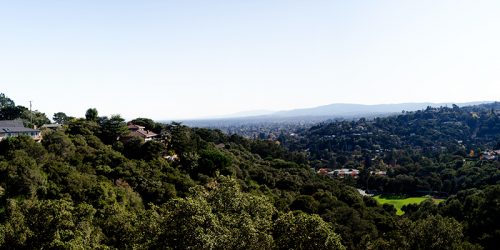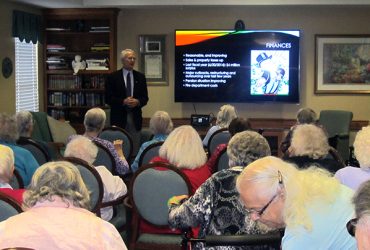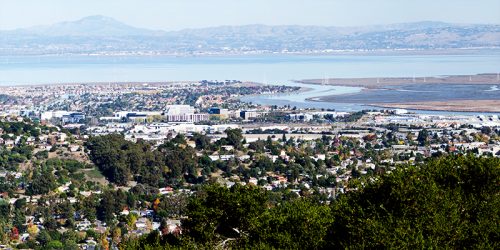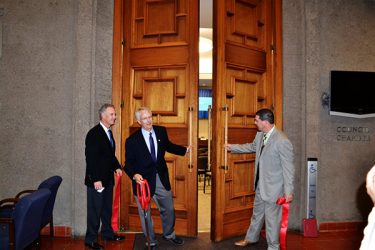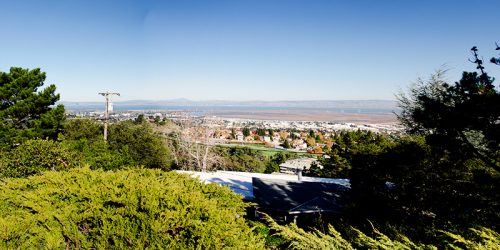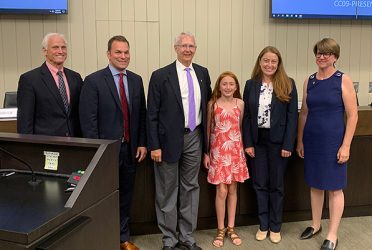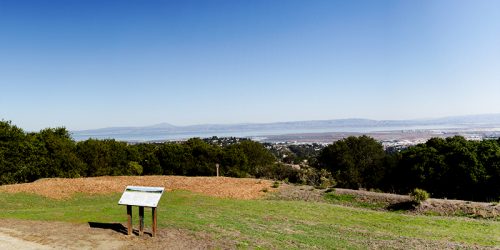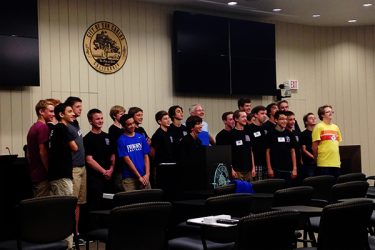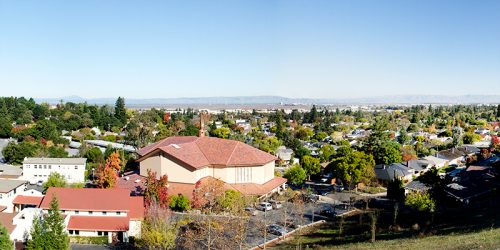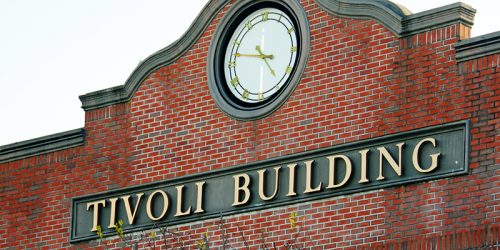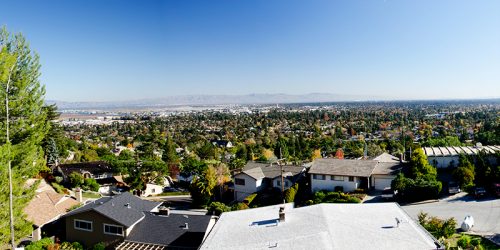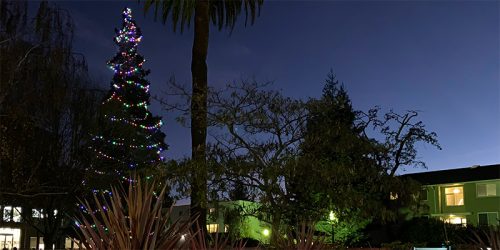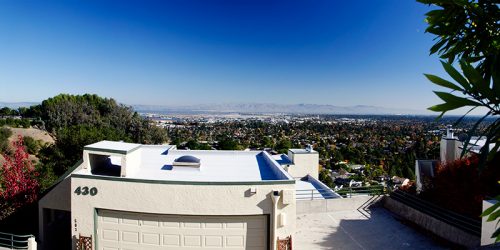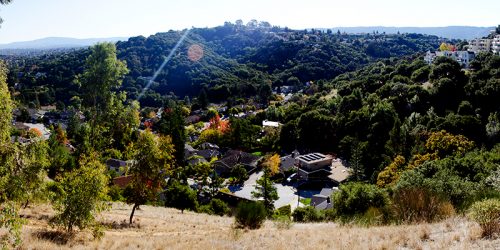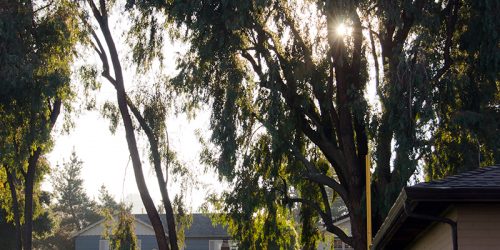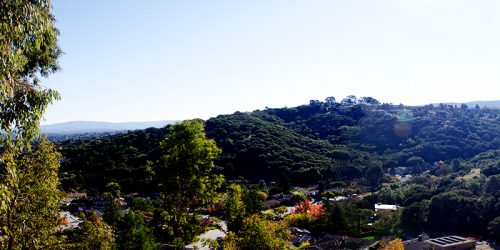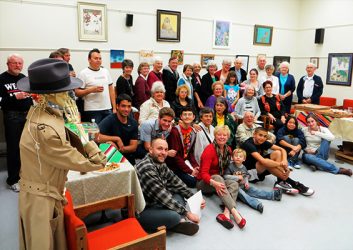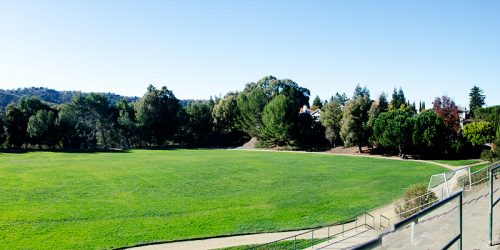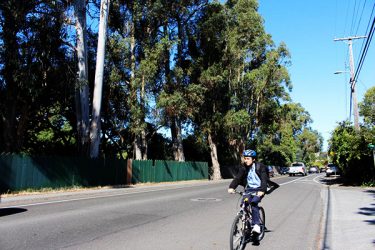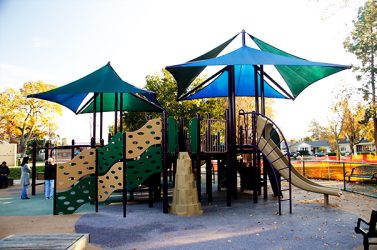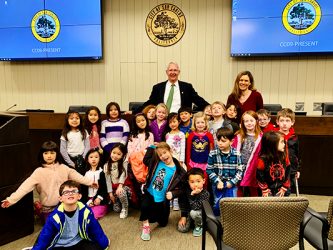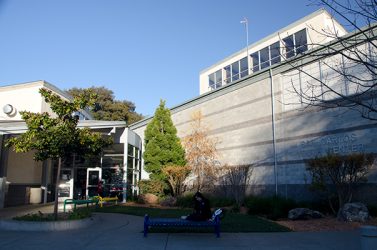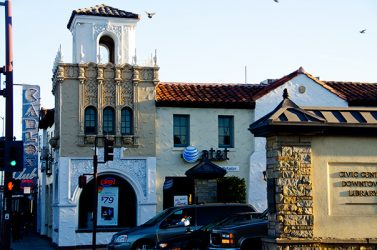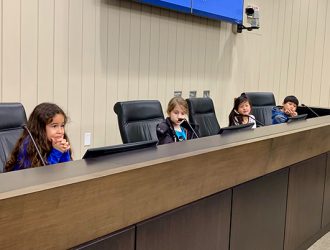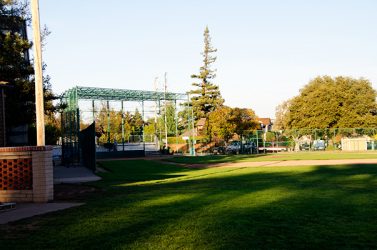
At this week’s Council meeting we heard an appeal from residents of the Pacific Hacienda complex who objected to the Planning Commission’s approval of a multi-family project to be built right next door to where they live. And to be clear, in this case “right next door” means “right next door” — some aspects of the new project will block views from parts of Pacific Hacienda.
I completely understand why the residents would object to the way this project is designed. I suspect I would feel the impact viscerally myself if I lived in the Hacienda (which is a very nice and attractive complex, BTW).
By law I cannot speak for the Council unless it itself has approved a statement I can pass on…but I don’t think I’m going out on a limb to say everyone on the dais feels for the residents and understands and appreciates their concerns.
So the obvious question is why did we reject their appeal and let the project proceed? This article is an attempt at an answer.
Years ago the State of California enacted a density bonus law which, provided they meet certain requirements related to the amount and nature of affordable housing included in a project, allows developers to circumvent a number of local zoning regulations. In the case of this Walnut Street project that involved its height — the building is taller than San Carlos’ rules allow — and could’ve involved setbacks had the city tried to find a way to enforce a bigger setback1.
The reason the State enacted this law was because it was, and is, concerned about how more and more of the housing stock is ending up being priced out of reach of anyone other than the well-to-do. That’s a particular problem in the Bay Area and the Peninsula.
It’s no secret many if not all communities adopt rules that have the effect of stifling affordable housing. That’s rarely the specific intention…but by prohibiting taller and denser projects the effect is the same. So the State acted to constrain the way local communities regulate multi-family developments, but only if a developer committed to building more affordable housing than is required. It’s a carrot and stick approach.
And it was deemed a vital enough matter of public interest the State forbid cities from circumventing the rules, whether by ignoring them or trying to cleverly evade them. That’s called “pre-emption”. It’s not often used; there are a number of reasons, some political2 and some constitutional which limit its use. But when it can be used, and is used, it is a very powerful aspect of the Law.
That naturally rankles local residents who are used to local issues being controlled and decided by local rules and locally-elected officials. And inevitably results, quite naturally, in residents concluding their elected representatives are ignoring them, or in the pocket of developers or both.
I won’t claim there aren’t situations where one or both of those things happen. That’s why we have laws to deal with corruption and elections to replace elected officials who don’t represent their communities adequately. But I will say those fears are unfounded in San Carlos3.
The political process operates on many levels, roughly corresponding to how we are all parts of multiple communities. For us those start with San Carlos and extend up through San Mateo County, the State of California and the United States.
The further up the chain you go the more power the people represented by those levels of government have granted that level of government to create and enforce rules. Because the political apparatus is representing more and more people the further up you go. Each of whom has just as much right to protect their self-interest as every San Carlan does.
The Council is required by law, in this instance, to listen to the concerns and demands of every resident in California, as distilled in the State density bonus law, as if they themselves lived here.
That’s not normally something we have to do, except in general terms. Which is why most residents are not familiar with the implications of us having to do so.
So it’s not a matter of the Council not listening. It’s that we must listen to a much larger group of people than the ones who voted for us.
That obligation doesn’t exist for anyone in San Carlos other than the five individuals who currently sit on the Council. Everyone else is free to support, reject or ignore the constraint. But the Council cannot, without violating the law.
The design complies with our setback rules but an attempt to mitigate some of its impacts on the Hacienda would’ve involved applying a bigger setback which the developer would’ve been allowed under the density bonus rule to override. ↩
It’s rarely a good idea to annoy your constituents as an elected state official. ↩
in both this particular instance and more generally ↩
